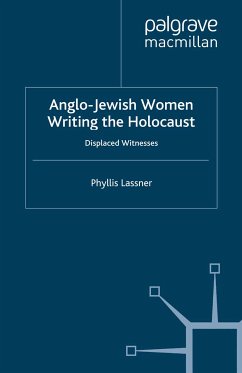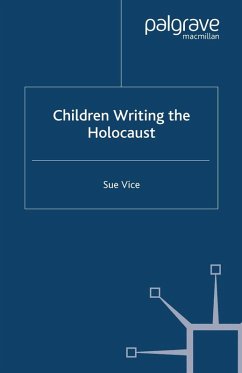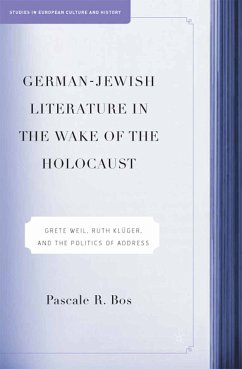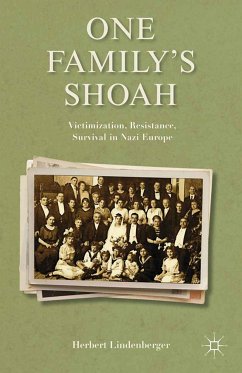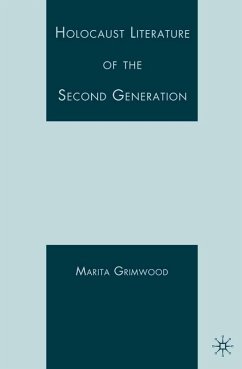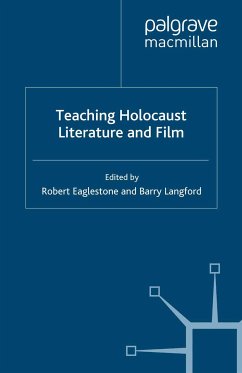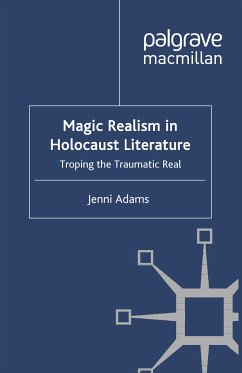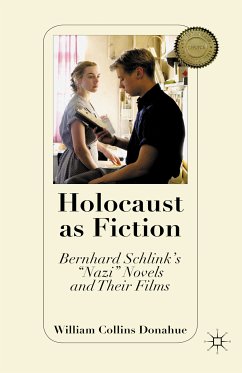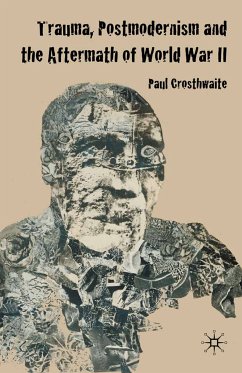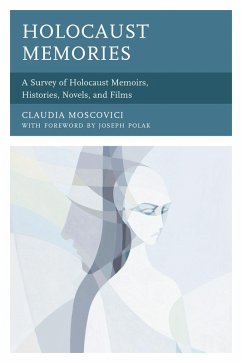'Phyllis Lassner has written a fascinating and scholarly account of a group of women writers - poets, novelists and dramatists -whose work has been shaped not only by their gender, but also by their Jewish background. Lassner is forthright and insightful about their sense of displacement whether born in the UK or not.' - Elaine Feinstein, novelist, poet and biographer
'Even the sophisticated reader of Holocaust literature will discover new authors and perspectives in Phyllis Lassner's clear-sighted book about the "Kinder." Lassner's steady focus on these "displaced witnesses" allows her to cover all aspects of the shared yet variegated fate of the "Kindertransport" refugees viewed mainly through their own historical or imaginative
accounts. She conveys to us their creative if troubled consciousness, in particular their irresolute and largely unresolved integration into Britishness. I welcome this fine and intensely thoughtful book about a segment of Anglo-Jewish women's writing that should be better known.' - Geoffrey Hartman, Sterling Professor Emeritus and Senior Research Scholar of English and Comparative Literature, Yale University, USA
'Focusing on Anglo-Jewish Women writers, this book enhances our understanding of the impact of the Holocaust - of trauma - across generations and cultures. This book is a fundamental study: it is an important contribution to an emerging field. The discussion of the afterlife of trauma elucidates our understanding ofa psychic, social, cultural, and generational experience, in the context of the writing and witnessing experience of a crucial group. It is also a profound study in what it means to listen, to hear, and to shape the future of a cross-cultural trauma.' - Murray Baumgarten, Professor of English and Comparative Literature, University of California Santa Cruz, USA
'...in her subtle analysis of the texts she chooses Lassner also reveals a significant understanding of the history of anti-Semitism in Great Britain...Her detailed footnotes demonstrate her significant scholarly research and offer insightful paratextual commentary on the various chapters.' - Elizabeth R. Baer, Gustavus Adolphus College, Tulsa Studies in Women's Literature
